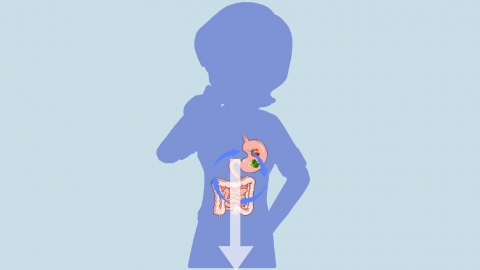Which five types of people should not eat almonds?
Generally, people who should avoid eating almonds include pregnant women, young children, individuals with gastric ulcers, those with damp-heat body constitutions, and individuals allergic to almonds. The specific reasons are as follows:

1. Pregnant women: Almonds contain a certain amount of amygdalin, which may break down into harmful substances in the body. Consumption by pregnant women may affect the health of both mother and fetus and compromise pregnancy safety.
2. Young children: The digestive system of young children is not fully developed. Almonds are hard in texture and contain components that are difficult to digest, which may easily lead to indigestion. Additionally, they may pose a choking hazard.
3. Individuals with gastric ulcers: Almonds are rich in oils and dietary fiber, which can stimulate gastric acid secretion. Consumption by individuals with gastric ulcers may worsen damage to the gastric mucosa, leading to increased symptoms such as stomach pain and acid reflux.
4. Individuals with damp-heat body constitution: Almonds are warming in nature and have a high oil content. Consumption by individuals with damp-heat constitution may exacerbate internal accumulation of dampness and heat, potentially causing discomforts such as dry mouth, sore throat, and constipation.
5. Individuals allergic to almonds: Consumption by those allergic to almonds may trigger an allergic reaction, which may include symptoms such as rash, itching, and difficulty breathing; severe reactions may be life-threatening.
In daily life, it is important to understand one's own health condition before consuming almonds. Those belonging to the above-mentioned groups should avoid consumption. If adverse symptoms occur after accidental consumption, consumption should be stopped immediately, and medical advice should be sought if necessary.




